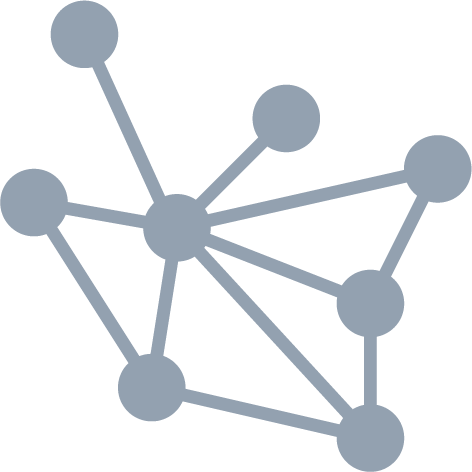The plight of Chinese telecommunications giant ZTE may have eased this week, as U.S. and Chinese officials met in Washington for high-level trade talks.
 Analysis
Analysis
The Wisconsin Project’s reports track WMD programs and the companies supplying them. In op-eds and articles, we argue for strict enforcement of strategic trade controls to inhibit proliferation.
A Resilient Threat: SSRC’s Role in Syria’s Chemical Weapon Program
This report describes the SSRC’s role in the development of Syria’s chemical weapons and chemical weapon delivery systems, as well as the structure and operation of its procurement network.
The Missile Sanctions Gap: Re-Aligning U.S. and EU Iran Designations
The ongoing effort by the U.S. to identify and designate entities supporting Iran’s missile program stands in contrast to the EU.
North Korea Missile Milestones – 1969-2017
Tracking North Korea’s ballistic missile progress since 1969.
Pressure to Address Iran’s Missile Program and Arms Exports Intensifies
Events over the past week have created mounting pressure to address Iran’s ballistic missile program and its missile and arms exports.
Nuclear Monitoring and Verification in the Digital Age: Seven Recommendations for Improving the Process
Nuclear Verification Capabilities Independent Task Force of the Federation of American Scientists Third Report – September 2017 The goal of this Task Force report is to offer findings and make…
North Korea Nuclear Milestones – 1962-2017
Tracking North Korea’s progress toward a nuclear weapon since 1962.
Iran Missile Milestones: 1985-2017
1985: Then-speaker of the Iranian Majlis Ali Akbar Hashemi Rafsanjani leads a high-level delegation to Libya, Syria, North Korea, and China, reportedly to acquire missiles. 1985: Iran receives its first…
The Iran Nuclear Deal: How to Increase Public Transparency
A bipartisan panel hosted by the Wisconsin Project found that increased public transparency is essential for achieving an accurate understanding of Iran’s compliance with the nuclear agreement.
Iran’s Compliance with UNSCR 2231: Alleged Violations Must Be Addressed
Executive Summary UN Security Council Resolution (UNSCR) 2231 implements the 2015 nuclear agreement with Iran and imposes missile- and arms-related restrictions. Little-noticed biannual reporting by the UN Secretary General alleges…

